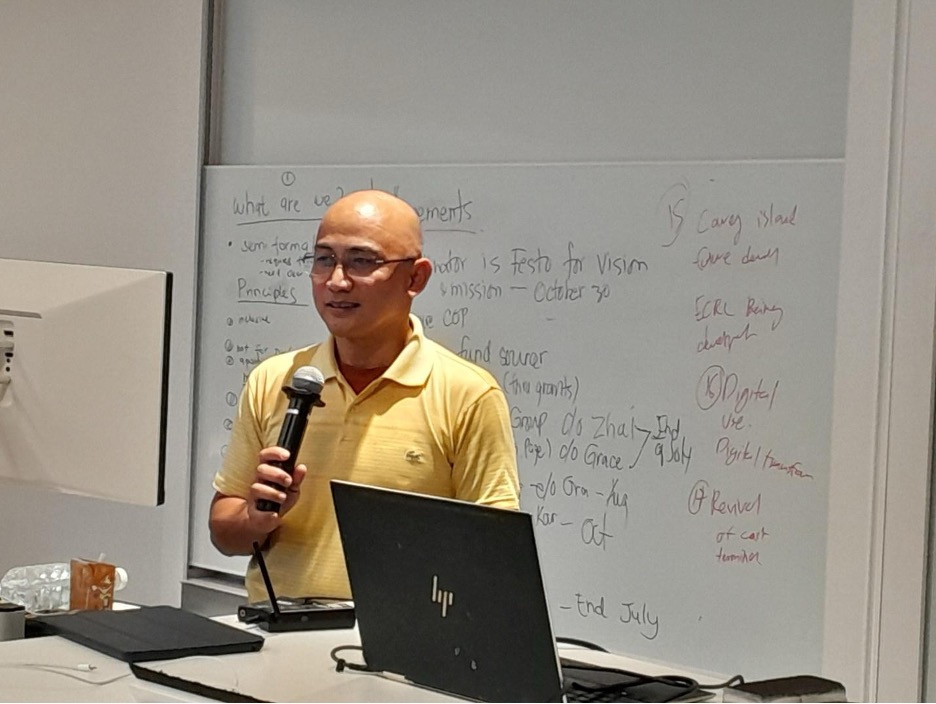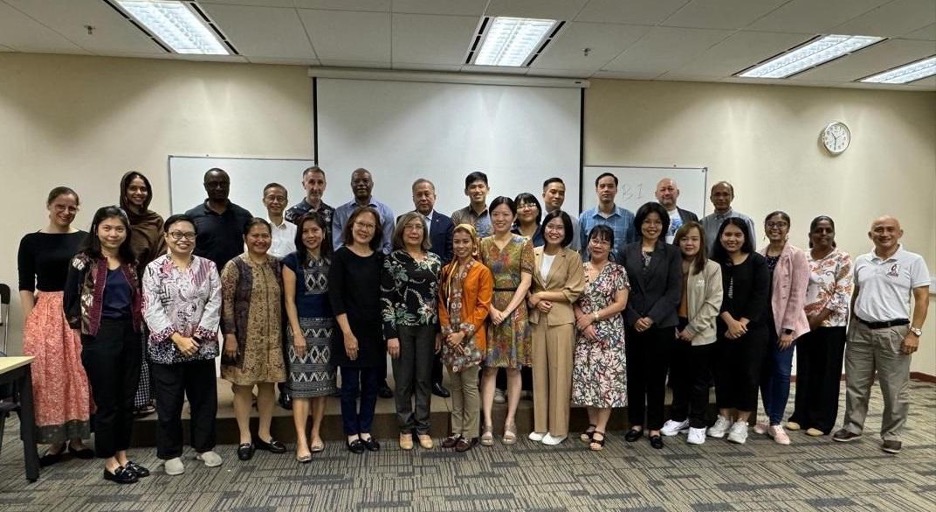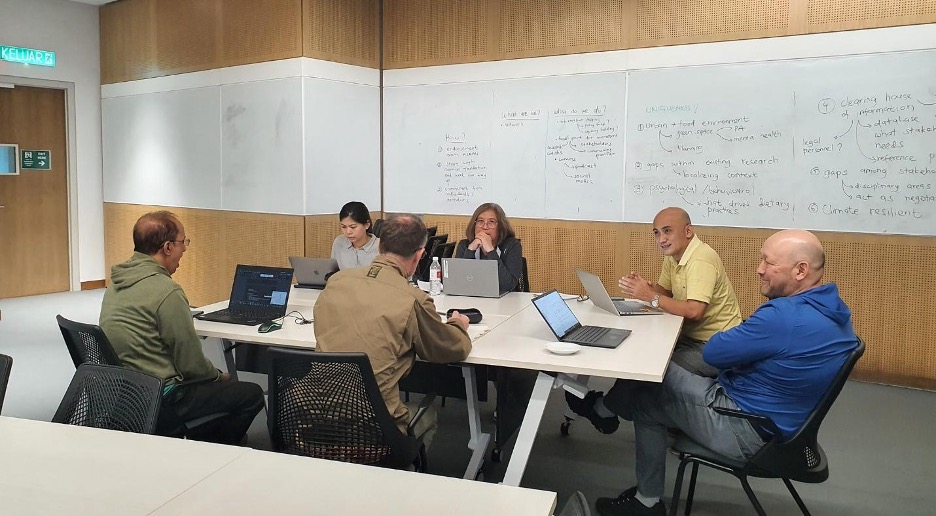The University of the Philippines Open University’s (UPOU) Faculty of Management and Development Studies (FMDS) recently participated in the Multi-stakeholder Forum on ‘Healthier, Equitable, Sustainable, and Resilient Urban Environments’. This forum, organized by the Network for Unifying Research to Transform Urban Environments in Southeast Asia (NURTURE-SEA) in collaboration with the University of Nottingham Malaysia and the Asia School of Business, was held in Kuala Lumpur, Malaysia from 8-10 July 2024. The forum convened researchers and key stakeholders from prominent institutions, including the University of Nottingham Malaysia, Asia School of Business, Monash University Indonesia, University of the Philippines Open University, Kasetsart and Mahidol Universities in Thailand, and Vietnam National University of Agriculture, alongside the World Vegetable Center and other regional organizations. These institutions are dedicated to reshaping the trajectory of urban food and health environment research in Southeast Asia (SEA) to address the challenges posed by a rapidly changing world.
The forum fostered comprehensive discussions on critical topics such as urban-rural linkages, nutrition-sensitive environments, governance innovation, and the importance of nature-based solutions and blue-green spaces. The objectives were to share experiences, dismantle disciplinary and sectoral barriers through transdisciplinary learning, and develop integrated, holistic solutions to address the complexities and challenges of urban food environments. These efforts align with the Sustainable Development Goals (SDG) focusing on Zero Hunger (SDG2), Good Health and Well Being (SDG3), Sustainable Cities and Communities (SDG11) and Partnerships for the Goals (SDG17).
Assistant Professor Karl Abelard Villegas, a founding member of the NURTURE-SEA Team and representative of the Philippine delegation, presented the “Philippines Country Scoping: Integrating Nutrition, Health, and Sustainable Urban Development.” His presentation addressed urban growth challenges, policies, and plans related to the nexus of health, food, nutrition, and environment, and identified gaps in existing policies. He also discussed plans for creating sustainable and healthy food systems in urban areas and showcased relevant case studies. Notably, he highlighted the role of the UPOU FMDS Perma GARDEN (Growing Appreciation toward Resilience, Development, Entrepreneurship and Nutrition) in securing a healthy food environment and serving as an educational resource for students, researchers and other sectors. Asst. Prof. Villegas emphasized that the Perma GARDEN could enhance local community engagement and resilience building. Delegates from other countries in the region also shared their national statuses and experiences, exchanging best practices and identifying challenges encountered. The forum concluded with the identification of commonalities among the countries and the formulation of strategic steps and plans to further enhance collaborative research partnerships for sustainability. The participation of UPOU FMDS in this forum underscores its commitment to contributing to the development of healthier, more equitable and sustainable urban environments in the Philippines and Southeast Asia.


Asst. Prof. Karl Abelard Villegas presenting the Country Scoping for the Philippines during the workshop


NURTURE-SEA Members and Participants from the Southeast Asian Region


The Ecosystems and Biodiversity Group discussing strategic plans and next steps during the workshop break-out session
Written by: Asst. Prof. Karl Abelard Villegas • Edited by: Larry N. Cruz
Sustainable Development Goals

















FMDS Socials